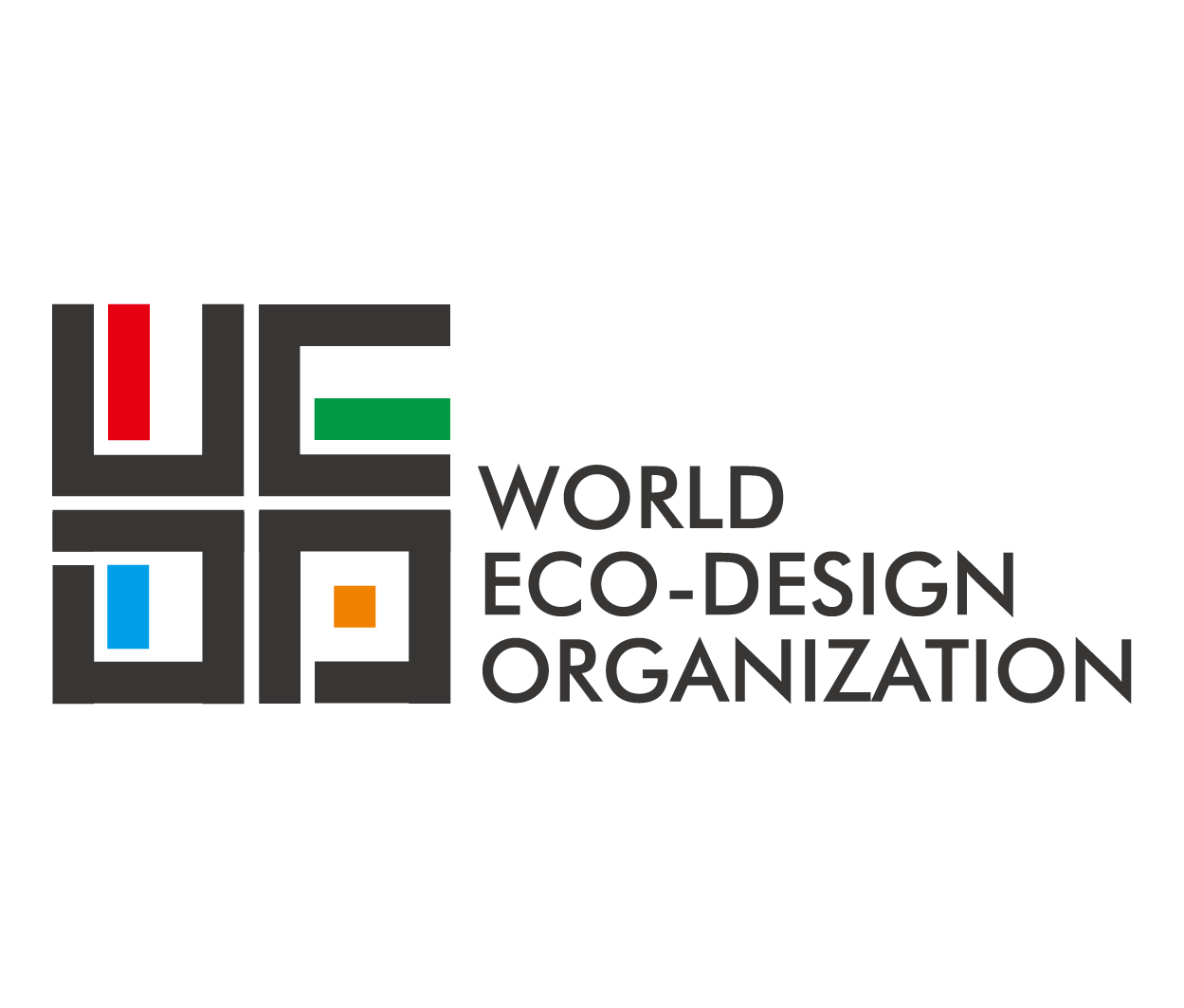Submission deadline: 30 January 2024.
UNESCO, in collaboration with IRDR, CRIHAP, ICHCAP and IRCI, is inviting interested teams and individuals to submit case studies from Asia and the Pacific that illustrate the roles and risks of intangible cultural heritage (ICH), as well as strategies for safeguarding ICH in the context of climate change.
- IRDR: https://www.irdrinternational.org/
- CRIHAP: http://en.crihap.cn/
- ICHCAP: https://www.unesco-ichcap.org/
- IRCI: https://www.irci.jp/
Submitted case studies are to be evidence-based and elaborate responses to one or more of the following questions:
- What roles does ICH play in identifying, assessing and monitoring climate change?
- What roles does ICH play in promoting communities’ adaptation and resilience to climate change?
- What roles does ICH play in mitigating carbon emissions and disaster risk?
- What are the direct and indirect impacts (including cultural, social and economic) and risks to ICH practice, transmission, safeguarding and viability from climate change over the long term?
- What changes to ICH are required for adaptation to climate change?
- What are local and regional strategies for safeguarding ICH in the context of climate change?
Potential for participating in publication and/or international conferences will be discussed with authors of selected case studies.
This call is launched in the framework of UNESCO’s efforts to contribute to a holistic approach to heritage safeguarding and sustainable development under the 2003 Convention for the Safeguarding of the Intangible Cultural Heritage, including in the context of climate change. This initiative is furthermore in line with the Final Declaration of the UNESCO World Conference on Cultural Policies and Sustainable Development (MONDIACULT 2022), which commended the new impetus given to the role of culture for sustainable development, as a force for resilience, social inclusion and cohesion, environmental protection and sustainable and inclusive growth.
The Final Declaration:
MONDIACULT 2022:






 en
en



 Guangzhou,China
Guangzhou,China +86 - 19925740779
+86 - 19925740779 wedc@vip.126.com
wedc@vip.126.com










